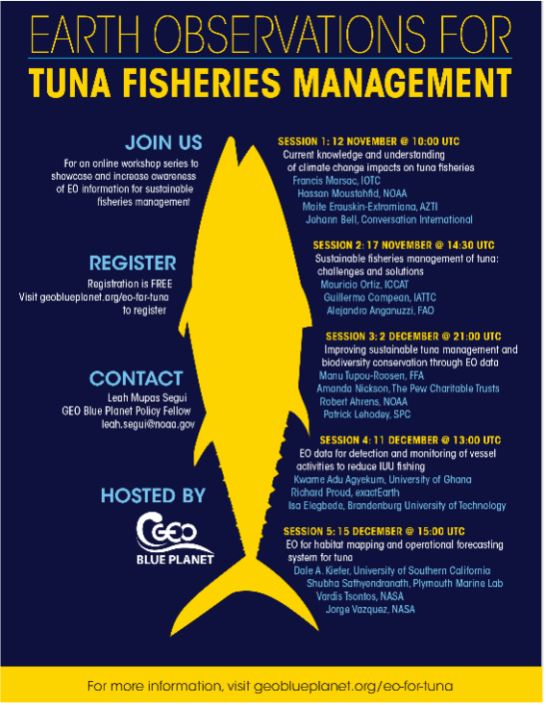Background and Rationale
The socio-economic importance of global fisheries (capture and culture) is immense through significant contributions to employment, nutrition, and trade in all parts of the world. However, its sustainability is under threat by the increasing number of poorly managed fisheries, data-deficiency, overfishing, or negatively affected fisheries by illegal, unreported, and unregulated (IUU) fishing, especially at the times of climate-induced unpredictability. Together with a global increase in demand, the impacts extend beyond the harvested fish stocks to ocean biodiversity and the livelihoods of millions of fisherfolk across the world.
Some species are endangered and vulnerable, while some invasive species have been biologically and/or economically affecting some other fish resources in some regions due to natural and anthropogenic factors, i.e. climate change, migration, illegal dislodging of ballast waters, Harmful algal blooms and marine debris.
There is a need to share existing fisheries resources and collect/integrate new in-situ data: this includes fish species presence or (by-)catch, human activities impacting the fishery, as well as other aspects related to artisanal fisheries. This is required to understand the status of resources and exploitation rate but also necessary to inform stakeholders to develop plans and sustainable management practices.
This Working Group will work with countries to identify the needs and the gaps in data availability and knowledge sharing for the fisheries communities from local-to-global levels and across all scales and types of marine fisheries. This Working Group will support the implementation of actions to promote informed socio-economic strategies, bridging the gap between scientific knowledge and decision-makers.
The scope of this Working Group covers all scale and type of fisheries: capture fishery (artisanal and commercial) and culture fishery (coastal aquaculture and offshore fish farming).


